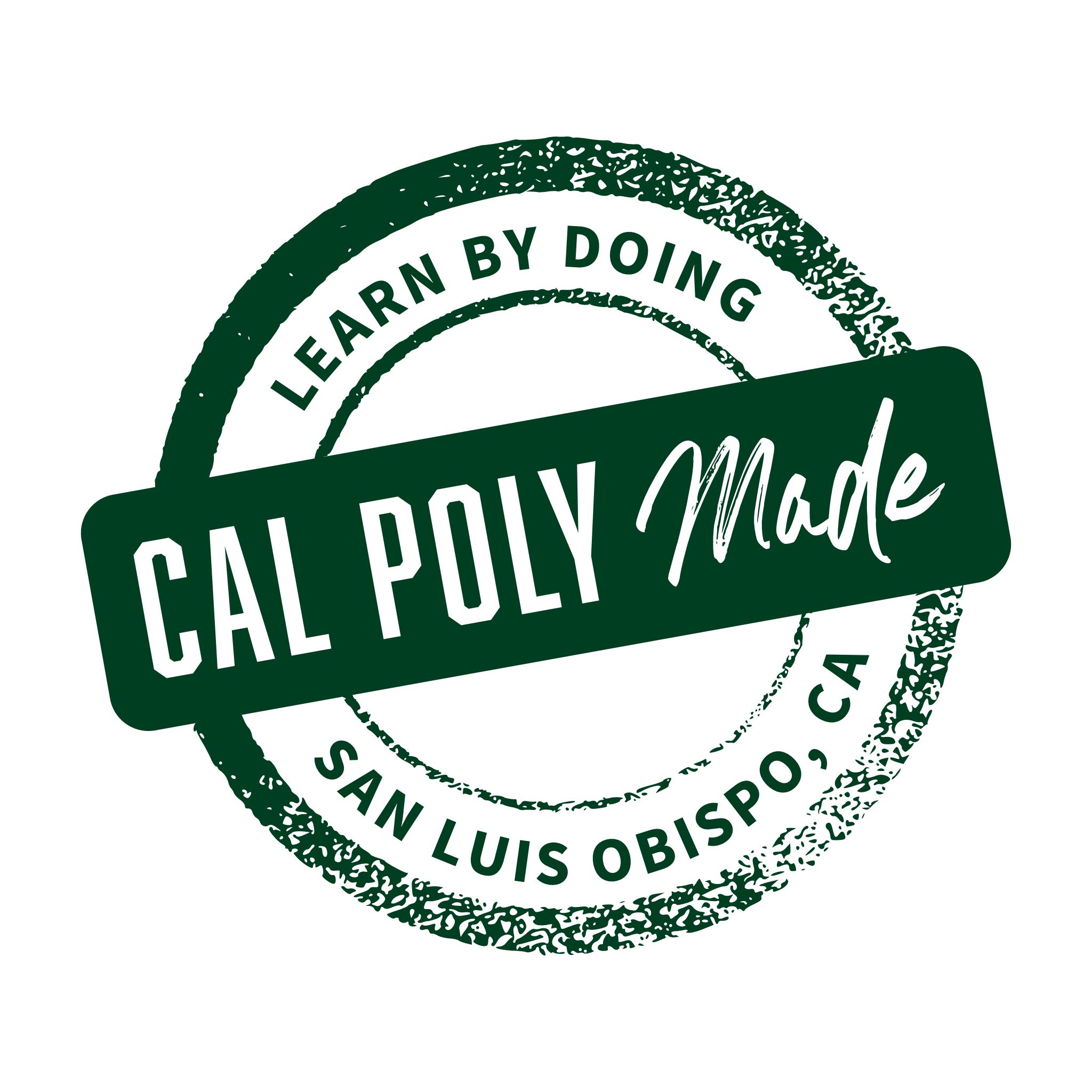Personalized Nutrition Lab
 A personalized nutrition lab in the new Boswell Agricultural Technology Center is growing its research capabilities as new equipment is added to study gene expression and beyond.
A personalized nutrition lab in the new Boswell Agricultural Technology Center is growing its research capabilities as new equipment is added to study gene expression and beyond.
Professor Angelos Sikalidis, who oversees the lab, specializes in molecular nutrition and metabolism. Launching a personalized nutrition lab, that can generate and process data from human, animal or plant studies, will provide endless opportunities towards health-related research but also interdisciplinary collaborations, he said.
Donors Susan Pierce, and Shirley McCallum along with her husband Neil McCallum recently donated the funding to purchase two state-of-the art pieces of equipment for the laboratory: the LI-COR Odyssey Imaging System and the Agilent Absorbance Reader. These are key tools that assess protein levels in biological samples and the efficiency of metabolic processes. Both Pierce and Shirley McCallum worked as nutritionists in their careers, which led to their support of the personalized nutrition lab.
The new equipment works in connection with the lab’s existing GeneTitan microarray analysis platform that is evaluating how gene expression profiles change with treatments, and how that may affect metabolic pathways. The new equipment enables the further study of how gene expression changes translate into changes at the enzyme levels playing essential roles in metabolic pathways and disease.
“This equipment allows us to now see the full profile of a gene – from the moment the gene gives information to create a protein/enzyme to do a specific job and then further down the line to evaluate if it is actually being done,” Sikalidis said. “We can look at inflammatory pathways for example and how inflammation changes varying treatments.”
There is no shortage of research options – from studying the pathways related to aging and cognition, as well as genes associated with chronic and metabolic diseases such as cancer and cardiovascular disease.
Graduate student Liel Grosskopf, who earned an undergraduate degree in nutrition in 2023, is doing research in the lab alongside Sikalidis to assess farmworkers’ risk of diabetes. The work, part of a USDA grant, is creating educational materials and a cohort of health ambassadors who communicate health risks to farmworkers with the goal of improving knowledge, attitude and practice towards diet and diabetes based on personalized data.
Grosskopf, one of three graduate students involved in the research, will use the lab equipment to analyze participants’ blood profiles over time to study how interventions such as nutritional education impact change in the predisposition for diabetes.
“The lab equipment gives us the ability to look at the micro level and determine how different dietary/educational interventions can create change on metabolic level,” Grosskopf said. “We are able to chart from the gene to the enzyme level – something we couldn’t do before.”
Sikalidis said the opportunities of what can be done in the personalized nutrition lab are endless. “The populations who can benefit from these types of studies are limitless,” he said. “Nationally, nutritional recommendations are made but they aren’t necessarily one size fits all. Americans are a diverse group arguably with diverse nutritional needs. This is about taking general recommendations and seeing how they can be applied to individual people in a personalized and precise manner.”
Visit FSN Newsletter - Spring 2024 to read more stories.

